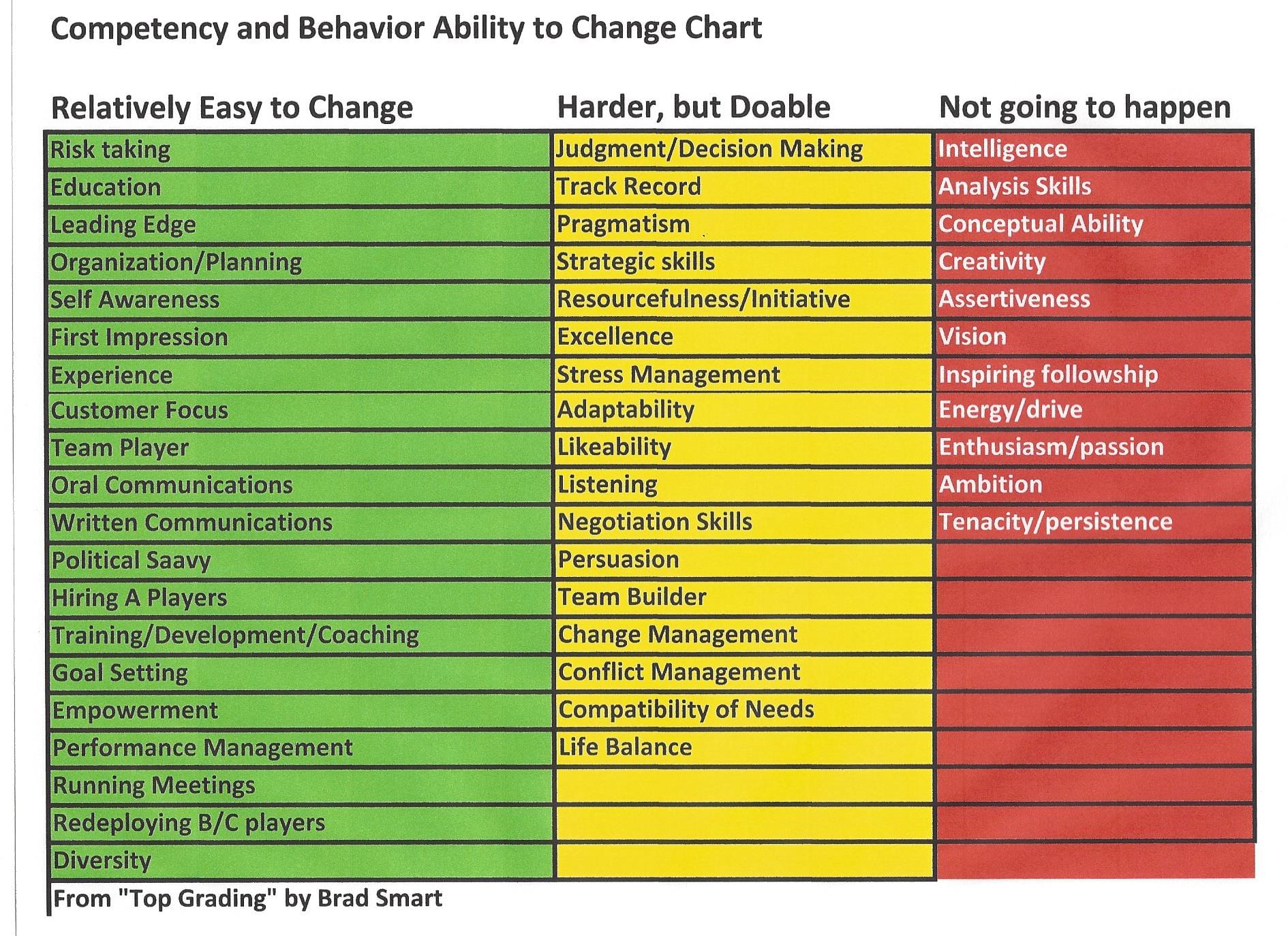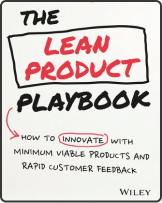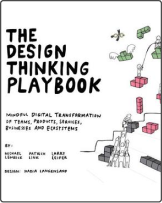Secret Strategies to Win Promotions Other Devs Can’t Get
What’s the easiest way to get promoted? Work hard, do a great job, add value, right?
Wrong.
Ask any experienced employer and they’ll tell you. The absolute last thing they want to do is promote a hardworking employee who does a great job. It’s the fast track to failure.
This sounds brutal and unfair.
If you do a great job in your role as a developer, don’t you deserve a promotion as a reward for your hard work?
Nope.
Well, who are the people who deserve and receive these coveted promotions, and what makes these developers so special?
Why Developers Won’t Receive the Promotions They Deserve
Many developers have misguided ideas about the job and promotions market. These naive (and incorrect) ideas include:
- Job hopping is the only way to level up in your career.
- Work hard, be indispensable, and you’ll get promoted.
- You have to know the right people.
- Nepotism or merit drive true promotions these days.
Please don’t misunderstand: I’m not saying these ideas are terrible on their own or that they’re inherently harmful. I’m saying these ideas aren’t inherently and automatically true.
What if you believe these ideas?
If you do, you’re setting yourself up for career stagnation and crushing disappointment. Paul Ingevaldson, in an article for Computerworld, shares the hidden reality of the job and promotions market.
Today’s topic is the question I most often received as an IT manager: “Why can’t I get promoted?”
The person who has done a good or even a great job should be given praise and monetary rewards, but he shouldn’t be promoted. The business world is littered with great salespeople who failed as sales managers, great engineers who failed as engineering managers, and great IT analysts who failed as IT managers.
Instantly things are crystal clear.
If you want to be promoted, you’ll need to be an A player in your current role and an A player in the role you’d like to move up to.
I’m not talking about training or skills.
I’m talking about your core competencies. Dr. Bradford Smart, creator of the proven hiring methodology Topgrading, outlines the core competencies needed to excel in any role.

Image source: Positioning systems Blog
Here’s the bad news about core competencies. Many of the ones listed above are difficult to learn or improve. However, difficult isn’t impossible.
This is the problem.
It’s also why most developers will struggle to receive the promotions they want. They’re not prepared for the specific positions they want.
What Developers Need to Win Promotions
The list isn’t long, but it does require some upfront work.
- An alliance of people who want you to be promoted (or who are neutral to the idea).
- The abilities, skills, and competencies needed for your desired role.
- The political acumen needed to negotiate with or circumvent competitors and naysayers.
- The ability to track the hidden job market.
- Assurances of success and continued performance.
Let’s take a closer look at each of these.
You need an alliance of people inside and outside your company. Your alliance will vary depending on your specific needs. Here’s a shortlist of the people and resources you may need in your group:
- an HR decision-maker
- decision-makers in your desired role
- influential references in your current role
- quantifiable value you can use as leverage to demonstrate your worth
- examples of proposed value you can provide in your desired role
- what you’ll need to provide your team in your current role to ensure your departure and transition is smooth
Next, you’ll need a list of the core competencies, abilities, skills, and resources required to perform well in your new role.
Here’s where things get difficult.
You’ll need to map out the political landscape in your current role and your new role, whether that’s in the same company or a different one.
You’ll need advice.
You’re going to need to identify the socially astute people in your organization (who are open to you) who can give you a realistic sense of your organization’s political layout.
You’ll need this for both your current and desired roles. Here are some political questions you may need answers to.
- Who are the kingmakers, the people who have the power to block promotions?
- Who are the shadow leaders, the hidden employees who wield a large amount of tangential power?
- Which groups or teams need to be appeased before a major change or promotion happens?
- Which people have been passed over for promotions and why?
- Which employees are the favorites, groupies, or “pets” of those with powers?
- What are these various individuals and groups competing for? Should you, can you help them get what they want?
- What’s the breakdown of friends and enemies in your current and desired role?
You can branch out from there, asking the questions that make sense for your situation. Doing these gives you clarity, showing you how to navigate the political climate in your target role.
What about assurances?
How can you assure the above people that you’re a great fit for the role you’re pursuing? There are three ways you can do this.
- Share your past performance in your previous role as a developer. Offer quantitative and qualitative evidence that you’re a superstar. If you’re not one, become one.
- Show decision-makers and influencers that you have an in-depth understanding of your desired role’s obvious and hidden challenges. (This should be based on research.)
- A 30-, 60- or 90-day plan to begin addressing the issues present in your desired role. Use Ramit Sethi’s briefcase technique to structure your plan in a way that wins hearts and minds.
Providing assurances isn’t hard. It just takes some upfront work.
Three Strategies You Can Use to Win Coveted Promotions
This isn’t a comprehensive list of strategies. It’s a shortlist of the strategies you can use to make a promotion more likely than not.
Strategy 1: Monitor the hidden job market
If you took all of the jobs listed on platforms like Indeed, Monster, or CareerBuilder, you’d only have a small fraction of the jobs available in the marketplace.
This isn’t my opinion.
Bill Todd, former CEO and founder of The Companies Expert, shares details on the hidden job market.
To give you an idea here, 20 to 39 percent of all the jobs that exist are posted publicly. How do we get a job in the hidden job market? The short answer is networking.
See for yourself.
Todd makes a compelling case outlining why you should care about the hidden job market.
- There are more opportunities available in the hidden job market. I would argue that there’s a never-ending stream of opportunities that are available to developers if they know how to find and use them.
- There’s substantially less competition in the hidden job market. This makes sense; most people aren’t aware of this market. Typically, more than 100 applicants apply for posted jobs. With the hidden job market, you usually have two to five applicants competing for the same position.
- Pursuing a promotion is easier and more enjoyable. Remember, the hidden job market relies on networking — people helping people. You’re far less likely to have to deal with the drama, gamesmanship, manipulation, and dysfunctional behavior you would with a public job posting.
Here’s how you monitor the hidden job market. You use The 5+50+100 rule.
Judy Robinett, a shy, introverted social worker in the middle of nowhere, used this rule to build connections with powerful influencers and kingmakers, all based on exchanging value.
Using her unique breed of networking, she became a powerful and highly successful venture capitalist.
That’s the power of proper networking.
Why bother building relationships?
“Other people have the answers, deals, money, access, power, and influence you need to get what you want in this world. To achieve any goal, you need other people to help you do it,” says Robinett. “Skill is fine, and genius is splendid, but the right contacts are more valuable than either.”
In her book The 5+50+100 Rule, Robinett shows readers how anyone — even a shy social worker in small-town Idaho — can create deep and lasting relationships with influencers, power brokers, and connectors of the world. Robinett states that relationships are built by “consistent, resilient contact.”
It’s simple and easy to do.
Strategy 2: Serve everyone, take care of the right people
First things first.
Serving everyone doesn’t mean you become a doormat. I’m not advocating that you allow your managers and co-workers to abuse you.
That’s a terrible way to live.
Instead, I’m recommending that you be willing to serve everyone.
Here’s the difference.
Some people are only willing to help those who can help them or further their careers. Professionally speaking, they’re mercenaries who look out for number one. Other employees look out for their tribe, whether that’s their immediate team, their division, or the company at large.
They have a greater sense of purpose.
They’re never “too good” to help someone. They’re always willing to help someone in need, provided that they have the ability (time, resources, knowledge, etc.) to do so.
This is an easy way to amplify the 5+50+100 rule. It’s common sense. If you’re excellent to most of the people around you, you have access to more opportunities in the hidden job market. This isn’t the reason you’re helpful and kind to other people. It’s simply a benefit.
What about the right people?
Take care of them first. Make sure the core people in your tribe — your boss, immediate co-workers, customers, etc. — are always taken care of first.
Prioritize your core group first; everyone else comes second.
This provided you with the short and long-term career growth you need to pursue big promotion opportunities.
Strategy 3: Use your skills to solve difficult problems for as many people as possible
Remember the value formula I mentioned in my previous article on changing your boss’s mind without losing your job? Here’s a quick recap:
- Create X dollars of value for others.
- Capture Y percent of X.
Can you see what this value formula is really based on?
It’s the can’t/won’t principle.
The can’t/won’t principle is a simple way to add tremendous and lasting value to those around you. It’s a simple way to increase your value in anyone’s eyes, even if they’re more connected, powerful, or influential than you.
The premise is simple.
Create value by doing what other developers can’t or won’t do. Here are a few examples.
- Your boss needs more sales leads? Create a valuable questionnaire that attracts hundreds of new customers.
- Your company’s largest competitor works too slow? Use your programming skills to 3x your company’s production rates.
- Create an open-source tool to triple productivity; share licensing revenues with your company in exchange for help with the legalities, software promotion, and marketing.
- Do your co-workers lose time in busywork? Automate this tedious busywork, then ask your company to sell the service to their competitors.
The possibilities are endless. You can find and solve problems for:
- the company you work for
- your boss or the entire management team
- some or all of your co-workers
- contractors and freelance providers
- even a competitor (if handled properly)
New opportunities are always staring you in the face.
Why do all of this? Why go to the trouble? Why do all of this on top of your day-to-day work?
- Your resume becomes competition-proof: you’re able to compete against 100+ applicants and win.
- You take control over your cash flow. Used properly, you control the when and how much during raises and salary negotiations.
- You receive powerful leverage you can use to establish a strong negotiating position.
- You no longer have to beg for concessions or overwork to establish trust. Trust as default becomes the norm.
- You gain the ability to say No or walk away. Achieve these results, and another company will be waiting in the wings if your current employer misbehaves.
You gain freedom, power, and security.
Most Developers Won’t Go to the Trouble
They’ll pick my words apart.
Instead of testing these strategies out for 60 days to gauge these their effectiveness, they’ll criticize them.
This is a very good sign.
It means there are more opportunities available for you. You can monitor the pulse of the hidden job market. It’s how elites and top performers win coveted promotions before they’re even announced publicly.
This is the real secret.
Right now, there’s a buffet of opportunities all around you — opportunities for growth, success, and rewards. The hidden job market is filled with them.
Most developers won’t receive the promotions they deserve.
You will.
If you serve others and create value as a way of life, you’ll find promotions are only a matter of time.



